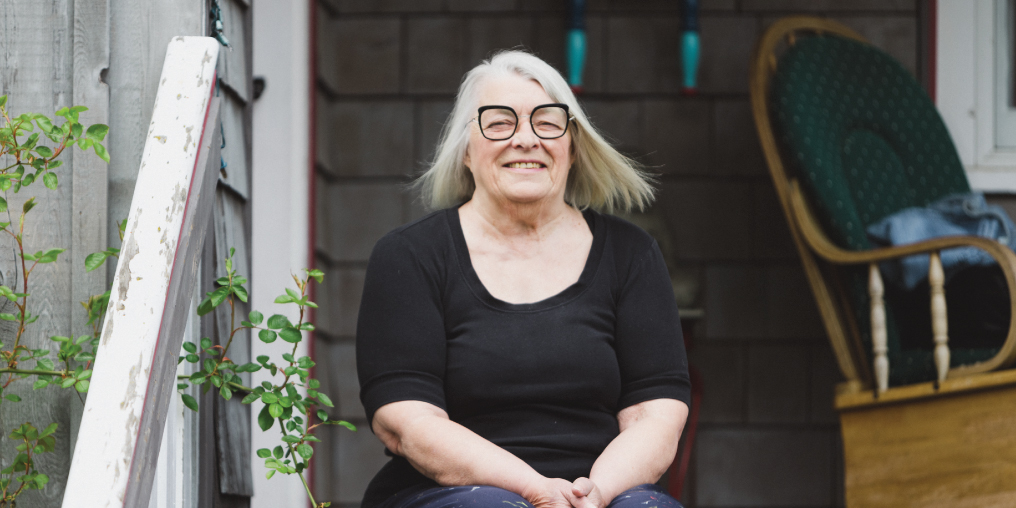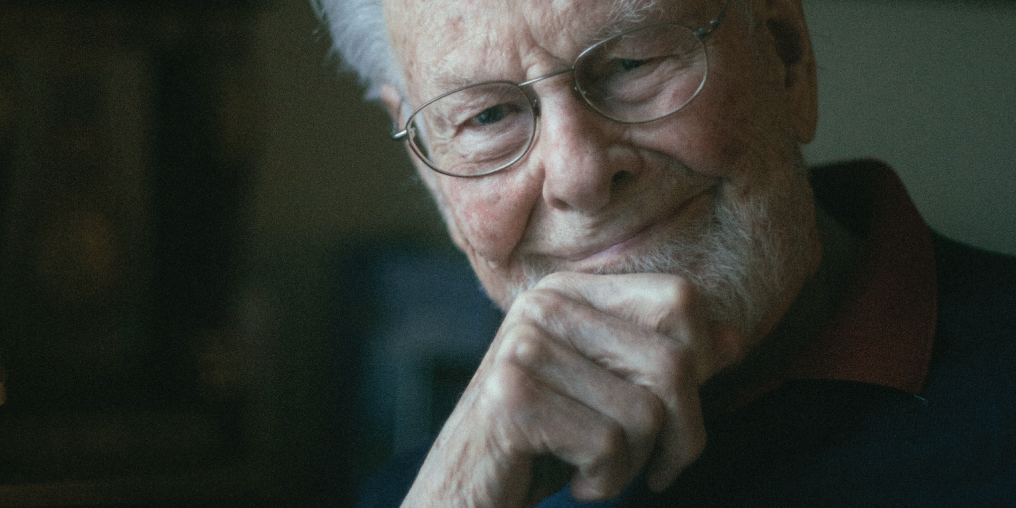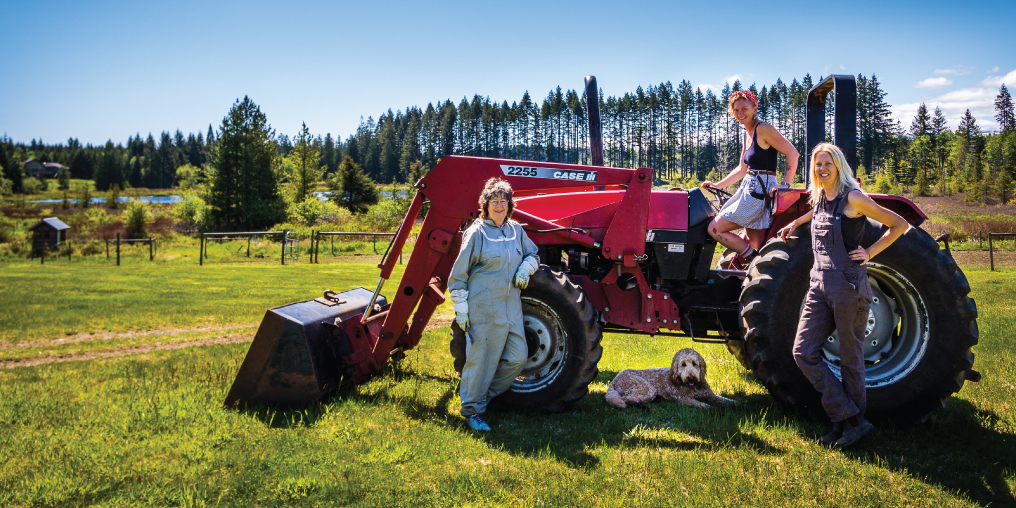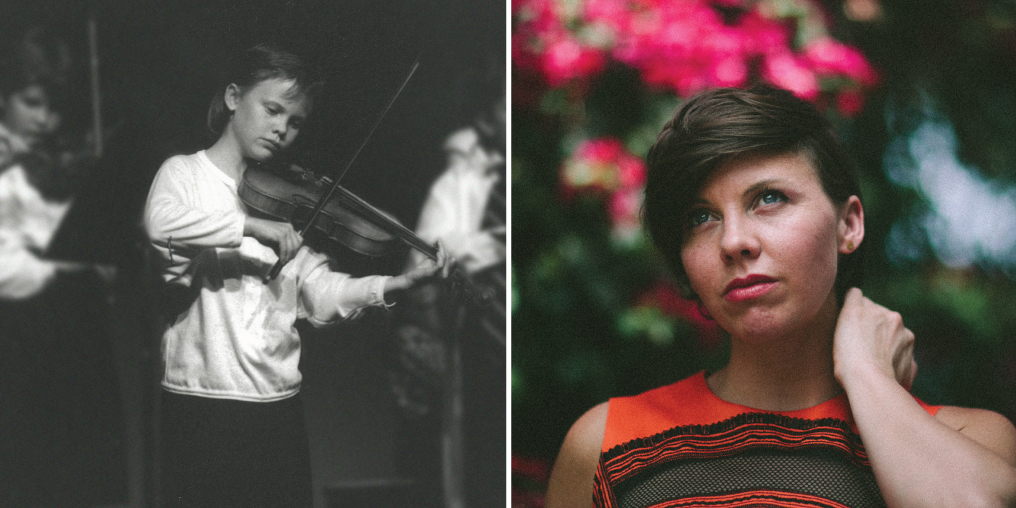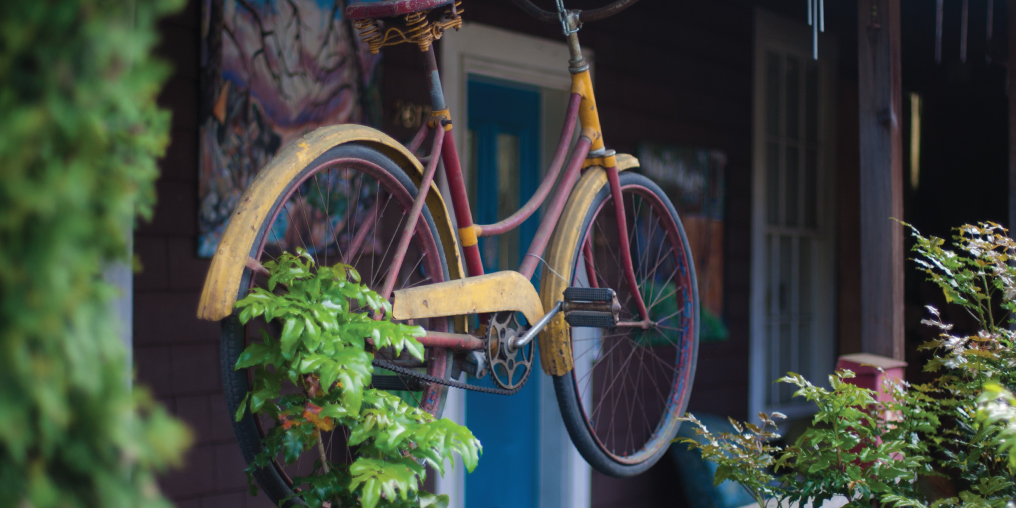Mastering the art of love starts with yourself.
Every day, we hear and say, “I love this.”
And this. And this. And this. And oh, that over there, too.
We toss the word at anything we see, hear, taste, or feel that generates a positive feeling.
The ancient Greek classicists divided love into several types, including eros (passionate love), ludus (playful, flirtatious love), and philautia (self-love). That’s a whole lotta love.
But we don’t use these categories today. We simply say we love the first pink blossoms of the cherry tree at 4th Street and Cumberland Road. Or the expansive feeling we get when gazing at the vista from the top of Mount Washington. Or the amazement generated by the spectacle of more than 4,000 Vaux’s swifts streaming into the Courtenay Museum chimney. Or the perfume of peonies.
The Greeks never mention a love of stuff. We know they loved city planning, architecture, and Socratic debate. We know they admired sculpture, art, and ceramics. But surely they would have come up with a word specific to stuff if they’d ever seen a ’33 Cord convertible with chrome lake pipes, read the Harry Potter series, drooled over Bonnie Henry’s shoes, or listened to Queen’s “Bohemian Rhapsody,” full throttle, on a state-of-the-art sound system.
Remember, however, that love isn’t intrinsic or inherent to any one of these things. Love is a self-generated emotion. It speaks to the value we impart to someone, someplace, or something we believe is worthy of being noticed, revered, appreciated, honoured, nourished, protected, admired, and treated with tenderness.
But where does that leave you and me? Who loves us? Possibly more people than we imagine. Yet, sometimes, they may not love us in the way we want. When that happens, we often downplay their admiration (This old jacket? I’ve had it for years), disbelieve them (Why didn’t Santa bring me what I really wanted?), or shove their love aside (If you really loved me, you would’ve remembered my birthday).
The only way to be sure you get the kind of love you truly want—the love that fills up your internal, personal cookie jar—is to hark back to the Greeks’ philautia. You need to love yourself.
And loving yourself is simple, although difficult at first. Each morning as you brush your teeth, look deeply and directly into your own eyes’ reflection in the mirror, and declare aloud, “You know, I really love you.”
Tears may come at first, but when you reach that day when you answer back, “Yes, I really do!” then you’ll know you’ve created enough love for yourself. And plenty to pass along to others.

